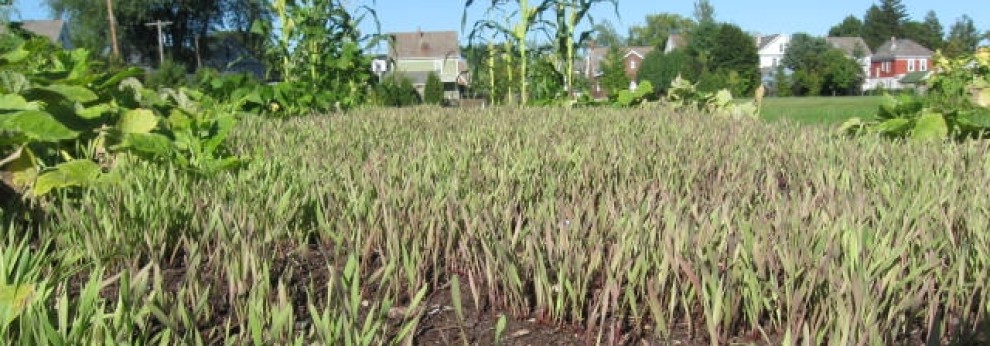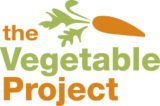 What exactly drives us to build gardens at Albany schools and then lead kids out to them? Why would we bother with those time-consuming fundraising initiatives, like Boxtops for Education, and those time-consuming chores in the garden, like weeding and watering? And what is the big deal about growing some of our own lettuce and tomatoes, when it’s so cheap in the supermarket?
What exactly drives us to build gardens at Albany schools and then lead kids out to them? Why would we bother with those time-consuming fundraising initiatives, like Boxtops for Education, and those time-consuming chores in the garden, like weeding and watering? And what is the big deal about growing some of our own lettuce and tomatoes, when it’s so cheap in the supermarket?
Please see our first take at answering these questions and then another and then still one more. And here is another try.
Vegetables can be a tough sell, at least when alternatives full of sugar, salt and fat are plentiful. School lunch program leaders surely know that kids don’t want to eat the healthy stuff. Their experience says, “Make’m put a salad on their tray and they’ll just throw it out.”
But we have observed, and ample research backs our informal sense of things, that very different results are possible when we present vegetables a little differently. For example, we see kids clamoring for a taste when we take classes out to our gardens in the fall and walk around picking and pulling and digging this and that. We see kids popping slices of carrots and peppers into their mouths moments after proclaiming that they would never eat something that “grows in the dirt.” And we see kids in our weekly Garden Club at Myers Middle School dig into the dishes that we prepare.
So why garden? And why the Vegetable Project? Because we can prompt conversations about nutrition that don’t sound like all lecture. And we have some success when we encourage tasting fruits and vegetables.
And why is that? Maybe it’s the pleasant presentation. Maybe it’s the stake kids have in nurturing the growth and development of what they eat, you know, putting a seed in the soil, watering the young plant, adding nutrient to the soil with compost they produced, clearing weeds away from the growing plant and harvesting the edible part of a plant and maybe even harvesting seeds to start the whole cycle over. Maybe it’s the active participation in preparing the fruit or vegetable.
–Bill Stoneman



